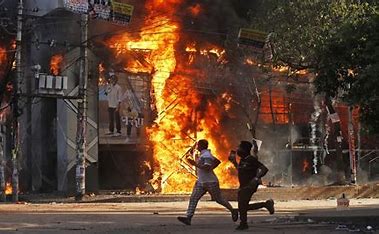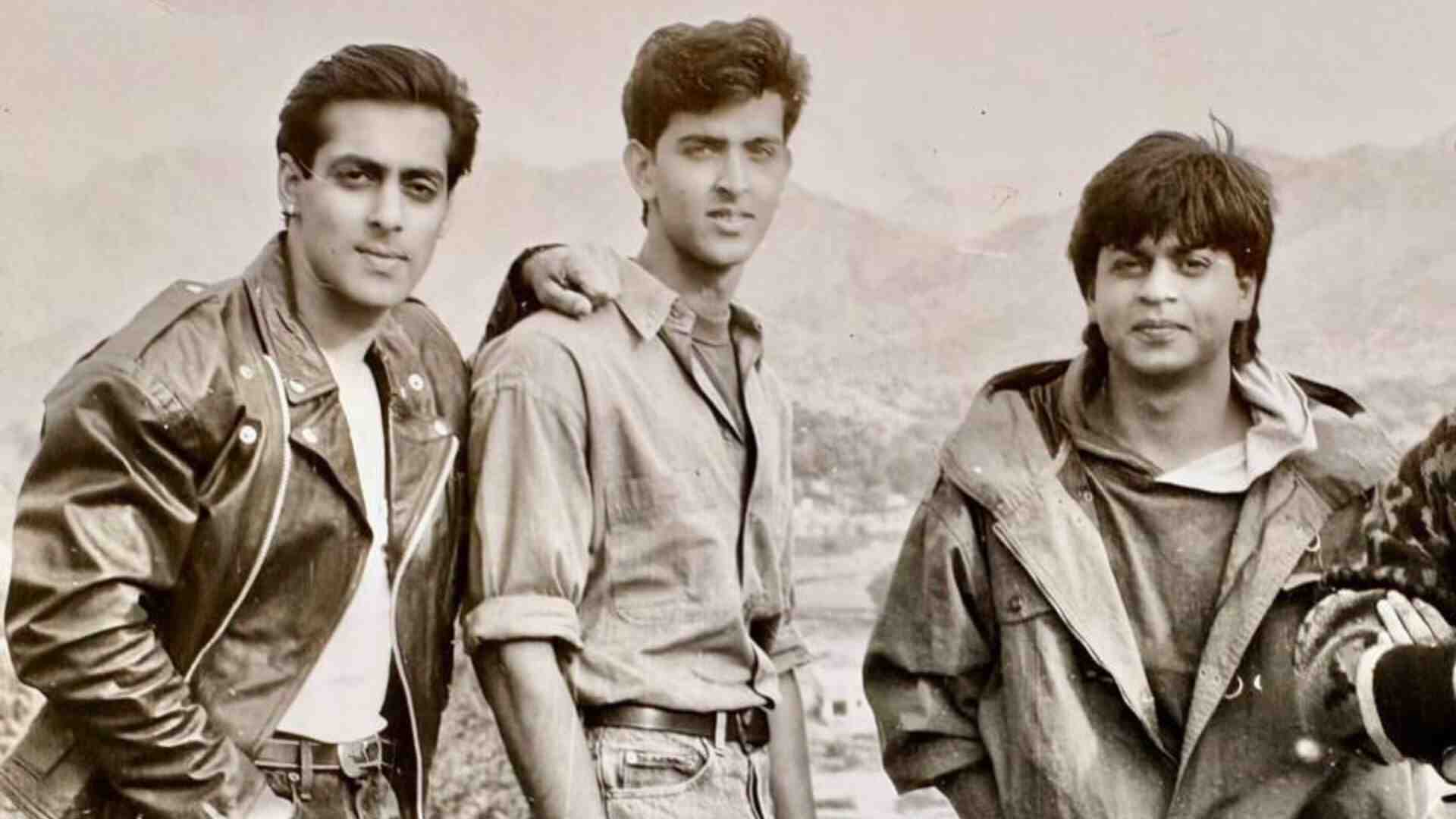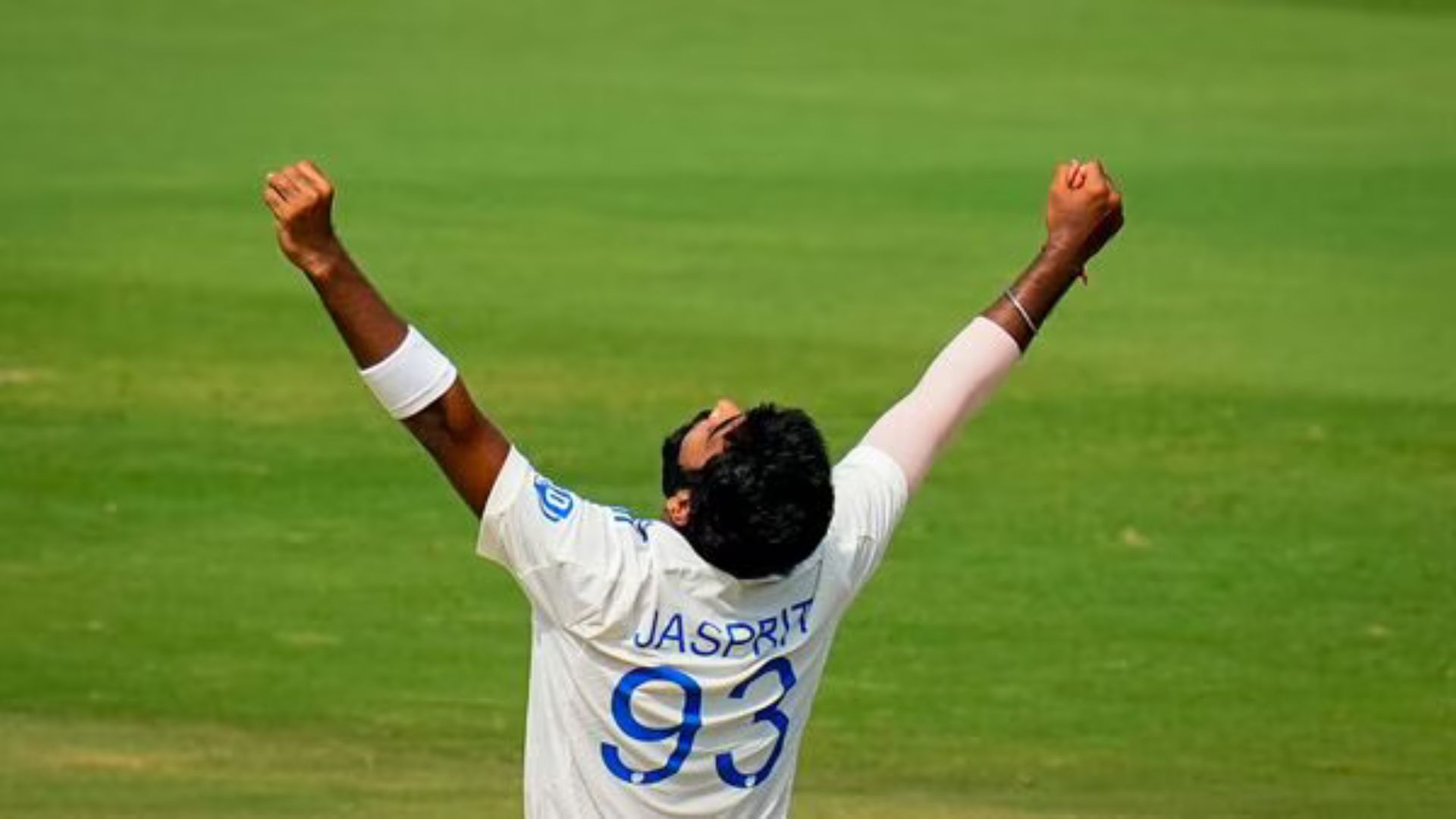
Bangladesh is witnessing complete mayhem after the coup backed by the United States saw the removal of Prime Minister Sheikh Hasina. The minority Hindus are being attacked, rounded up and killed. Their houses and temples are being ransacked, looted and set on fire. Horrific videos are emerging of men being murdered and hung upside down from bridges and trees; of a Hindu hostel attacked and students falling to death as they come under stone pelting. Murderous mobs are going around searching for Hindus and anyone associated with the Awami League and India. The 140-year-old house of a famous Bangladeshi Hindu singer, Rahul Ananda, which French President Emmanuel Macron visited in 2023, was burnt down, along with its collection of over 3,000 musical instruments. A hotel owned by an Awami League leader was set on fire, killing 24 people on the spot. An actor, Shanto Khan and his father Selim Khan, who had links with Kolkata’s Bengali film industry were murdered brutally. At least 29 Awami League leaders and their family members have been killed by the so-called protesters. Violence against Hindus has spread to at least 27 districts out of Bangladesh’s 64. Talibani flags are being raised in Dhaka’s streets and proscribed terrorist groups are taking out victory rallies, even as radicalized students try to wipe out memories of the most glorious period of their history, the birth of Bangladesh. In spite of appeals by the US-backed Mohammed Yunus, who is taking charge of the interim government, the situation is escalating.
That a large section of Bangladeshi youths was going down the path of radicalization was known—remember the terror attack on a Dhaka café in 2016 by a few educated and affluent youngsters, killing 24 people? However, at the time, no one would have believed the extent of radicalisation that has seeped into Bangladeshi society, which is becoming apparent only now. This is largely the handiwork of the Jamaat-e-Islami, the descendants of the Razakars, who collaborated with the Pakistan military to perpetuate Rawalpindi GHQ’s rule in Bangladesh. The Jamaat has a huge hold on the poorer sections of the Bangladesh population because of the charitable work that they do through their religious seminaries. They feed the poor and give them a basic madrasa education. In a country like Bangladesh, this is a lot. But in the process, the Jamaat also radicalizes them. Even if Jamaat controls around 10-15% of the total 169 million population of Bangladesh, it would have enough cadre to bring a bustling city like Dhaka to a standstill, which it had done earlier, or carry out a pogrom. Sheikh Hasina tried to counter Jamaat’s hold by promoting the Hefazat-e-Islam, but that group turned out to be equally radical and violent and was able to hold Dhaka to ransom in 2021 during Prime Minister Narendra Modi’s visit to Bangladesh. If the numerous Islamist groups have their way, they would push Bangladesh to the medieval ages. Just as the Jamaat affiliated Chhatra Shibir (students’ union) goes on a rampage across the country, it is difficult to believe that it is the same country that saw the Shahbag movement in 2013. It was a protest movement by forward looking students asking for the execution of the convicted war criminal and Razakar, Abdul Quader Mollah. That independent bloggers were being attacked and killed by the radicals, fuelled the movement. Hence, it’s beyond shocking to see the turn Bangladesh’s student movement has taken in the last decade, metamorphosing into a retrograde and radical Wahhabi force.
Amid this, the complete silence of the western world on the killing fields of Bangladesh is shocking. Hardly anything of substance is coming from the United Nations Human Rights Office, which has gone quiet after issuing a perfunctory statement calling “for peaceful, inclusive transition and accountability.” This organisation of self-important busybodies is the first to express shock and horror at the slightest evidence—or no evidence—of any transgression in India. The US Senate Foreign Relations Committee chair, Ben Cardin—apparently an “outspoken champion for human rights”—has issued a statement applauding the “restoration of democracy” and establishment of people’s will in Bangladesh, without mentioning a single word about the current violence. Maybe in the American book of morality, a pogrom of Hindu minorities is to be overlooked because it is being caused by the “people’s will”. The western human rights activists too are completely silent, proving that for them it’s all about establishing western hegemony in the name of spreading western values. The United States Commission on International Religious Freedom (USCIRF), which has been lobbying with the US State Department to get India blacklisted as a country of particular concern because of the supposed oppression of the minorities, has lost its tongue. The whole “human rights and values industry” is thus exposing itself as a political tool of the West. It is a matter of shame that the world that is so concerned about Islamophobia, does not have any word to spare for the plight of the Hindus of Bangladesh. The only country that can take up the cause of the Hindus is India. It needs to raise the matter with the United States and demand a guarantee for the safety of the Hindus of Bangladesh. The US has broken Bangladesh, it must help mend it.















